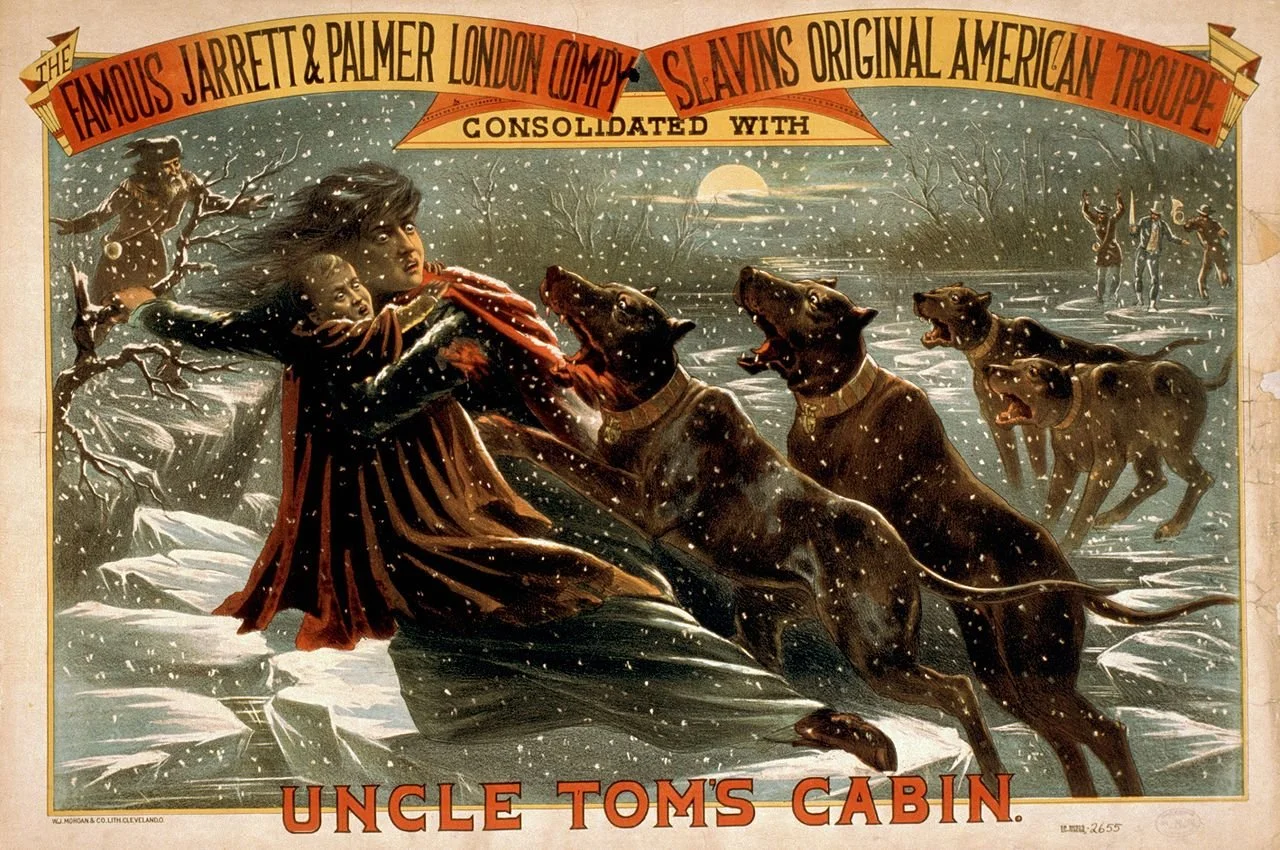June 14: Birthday of Harriet Beecher Stowe (1811)
Prayer Idea
Pray for people today who are trying to communicate truth about ideas and practices that hurt people.
History Note
Harriet Elisabeth Beecher was born June 14, 1811, in Litchfield, Connecticut. She was the sixth of eleven children. All seven of her brothers became ministers, like their father. Harriet and her sisters were involved in promoting education, art, women’s suffrage, and abolitionism.
The Beecher family moved to Cincinnati, Ohio, in 1832. Cincinnati was a haven for people escaping from slavery in the South, and Harriet learned much about the realities of slavery while there. She met and married Calvin Stowe, and they had seven children. One of their sons, Samuel, died of cholera at 18 months old. Harriet Stowe later acknowledged that losing a child allowed her to understand something of the pain enslaved mothers felt when their children were taken away from them and sold.
Calvin and Harriet moved to Maine in 1850. While living there, Harriet began publishing Uncle Tom’s Cabin as a magazine serial in 1851. The full story was published in book form the following year. Though it is a novel, Stowe based many scenes on real people and events. Josiah Henson, who had escaped to Canada from slavery in Maryland, was a key inspiration for the character of Uncle Tom.
Uncle Tom’s Cabin sold 300,000 copies in its first year, equivalent to three million copies today based on population comparisons. The book had a dramatic effect in both the North and the South. In the North, it crystallized opposition to slavery as people began realizing what they had allowed to be done in their country.
On the other hand, Stowe’s novel heightened the defense of slavery in the South as southerners insisted that the novel’s portrayals were not realistic. Several replies were written by southerners, some in novel form; but none were as widely read as Stowe’s book.
During the Civil War, President Abraham Lincoln and First Lady Mary Todd Lincoln welcomed Stowe for a visit to the White House. Stowe’s descendants told the story that Lincoln said, “So you’re the little woman who wrote the book that made this great war.” Though Lincoln probably did not say these exact words, they reflect the impact that Uncle Tom’s Cabin had.
Stowe traveled to speak and wrote other novels plus short stories, poems, articles, and hymns. She died in 1896 at the age of 85.
Uncle Tom’s Cabin continued to influence American perceptions of slavery for decades after the Civil War. Dramatic companies made numerous adaptations of the story for the stage, including the one advertised by this 1881 poster. Thomas Edison’s film company released a fourteen-minute version in 1903, and several other silent film versions were made.
Learn More
Watch this video biography of Harriet Beecher Stowe.
Find other resources at Homeschool History.
